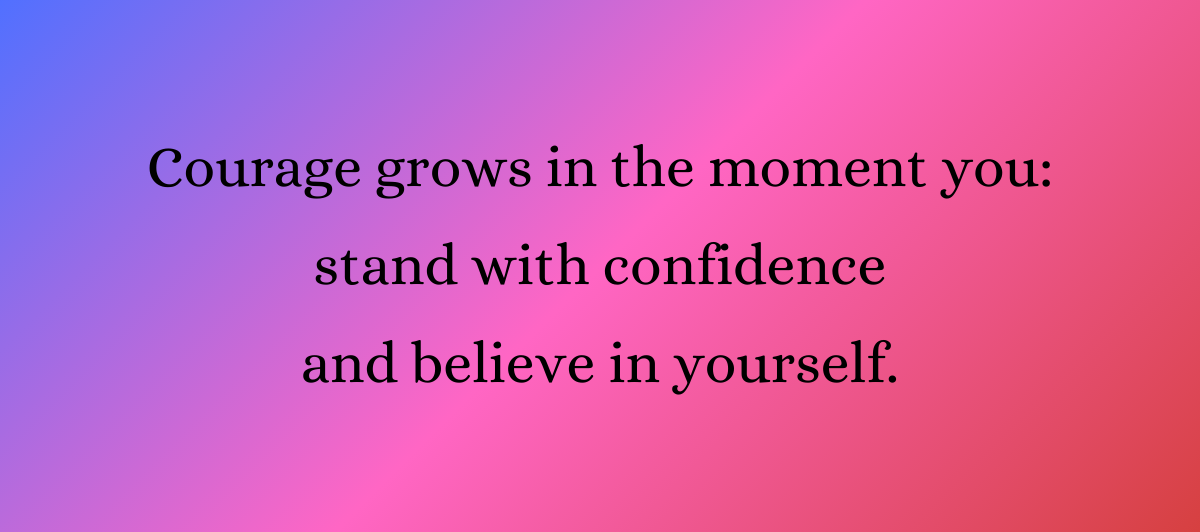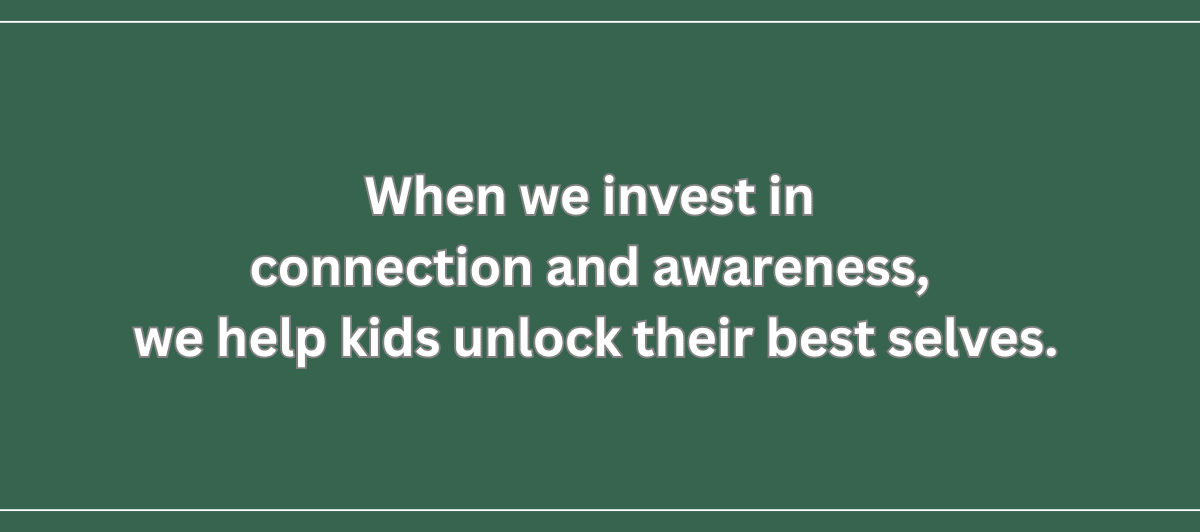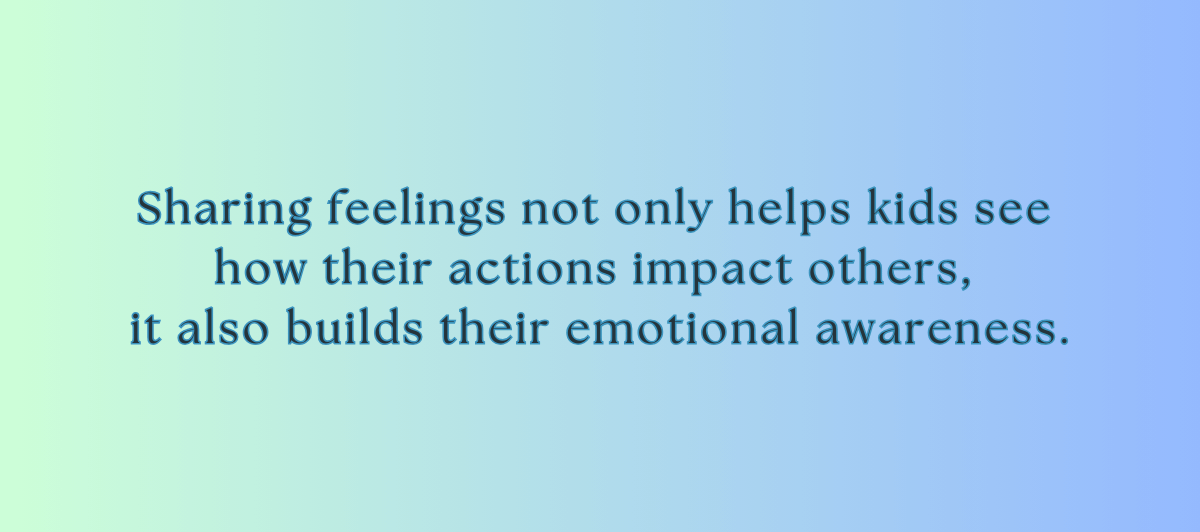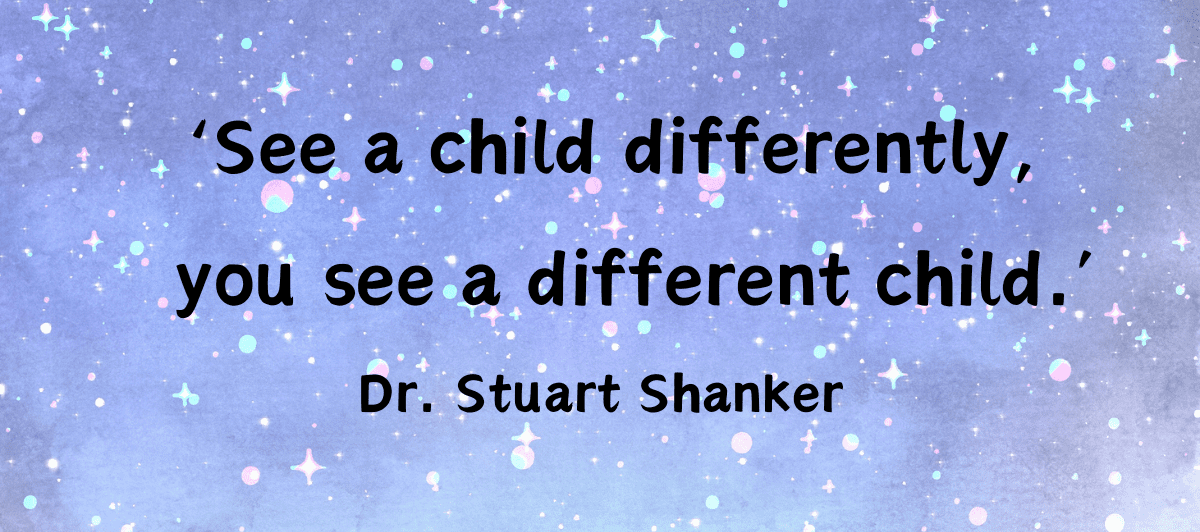
Unlock Your Child’s Confidence in Seconds
A lot of kids tell me they’re nervous to read out loud or speak in front of their class. Many feel scared, anxious, or embarrassed. You might be wondering how to help your child build confidence in these moments. One student’s experience after my presentation is a perfect example of how small actions can make a big impact.
After the presentation, a young girl confided that she had to give a speech to her classmates next period – but didn’t feel confident enough to do it.
I shared a simple strategy: ‘Stand tall, shoulders back, head high.’
She promised to give it a try.
A little while later, she excitedly told me, “It worked! It made so much difference.”
That moment reminded me – the way we carry ourselves doesn’t just change how others see us. It also changes how we feel about ourselves.
Standing tall sends the brain a powerful message: ‘I’m ready. I can do this.’
It’s a small act that helps kids step into courage in moments that feel overwhelming
Here’s how you can help your child build confidence:
- Pause & Focus – Before a test, game, or presentation, guide them to repeat the phrase: ‘Stand tall, shoulders back, head high.’
- Boost Their Courage – Ask them to repeat the above phrase until it becomes their mindset.
- Practice Together – Stand tall side by side and notice the energy shift together.
This is what I know: Confidence often begins with the impact of one simple choice — how we choose to stand.
Until next time…












